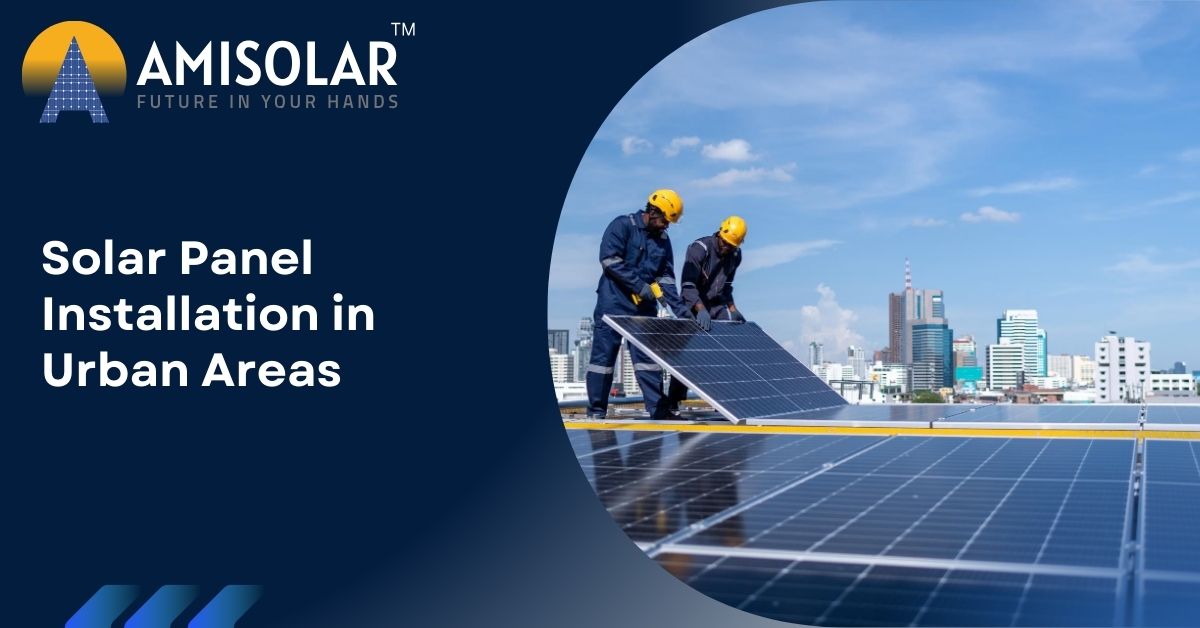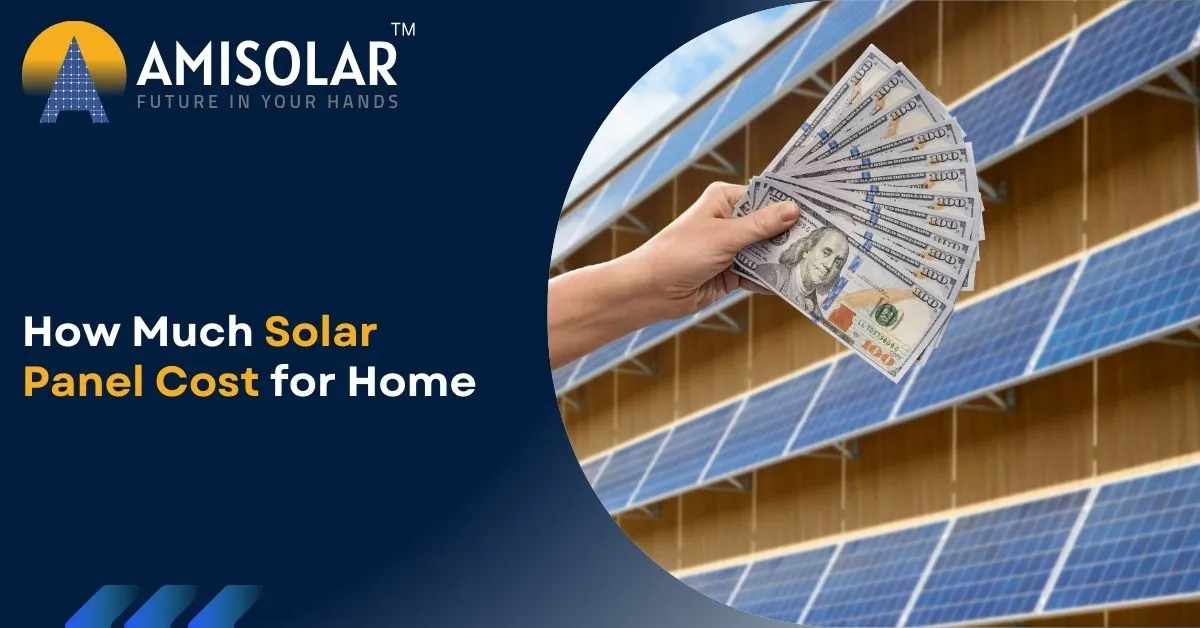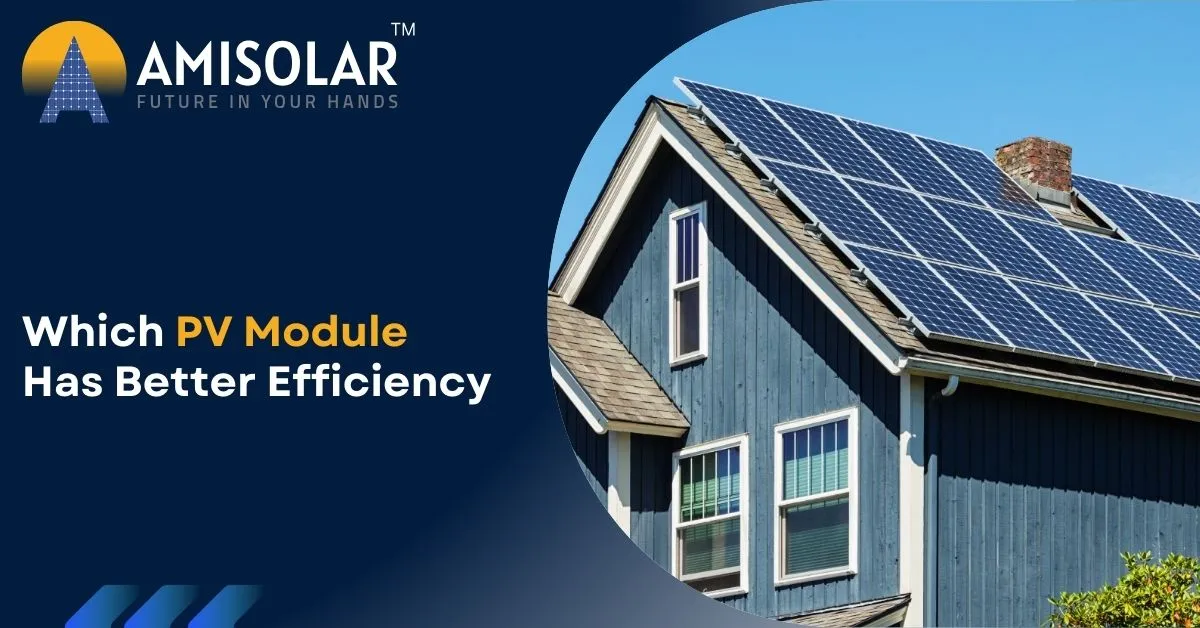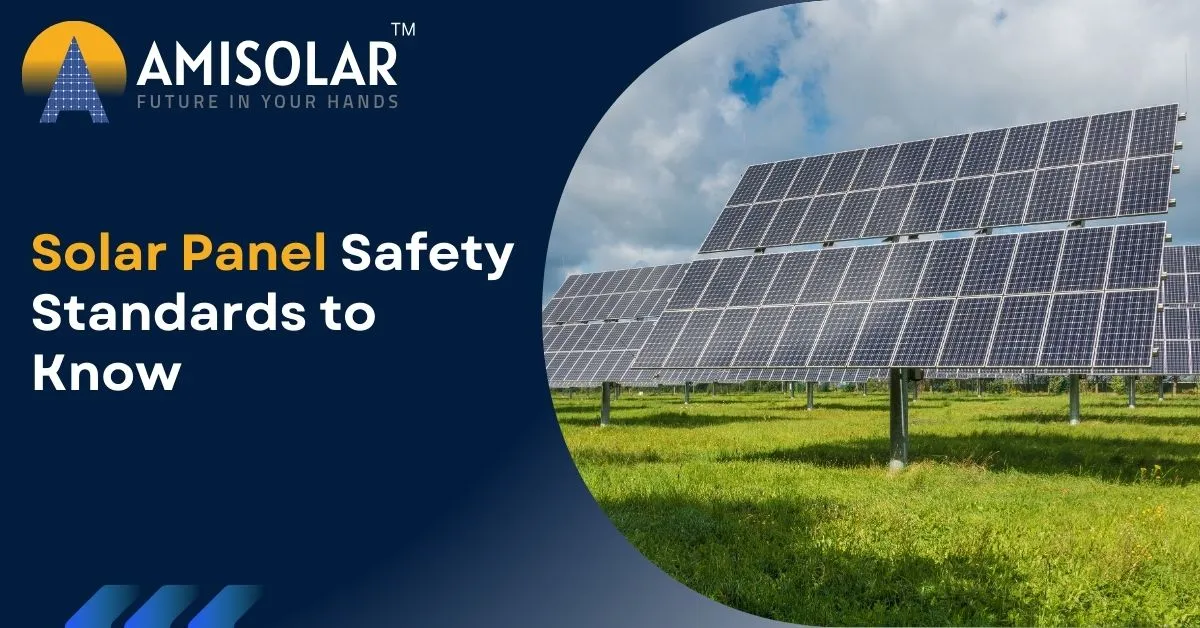As energy prices rise and concerns over the environment grow, many homeowners are turning to…

As cities grow and energy needs increase, more urban homeowners are considering solar panels to reduce their energy bills and carbon footprint. But navigating the world of solar can be confusing, especially when it comes to costs, available subsidies, and choosing the right installation company. Let’s break it all down in a straightforward way.
Why Go Solar in Urban Areas?
Urban environments come with their own set of challenges and advantages when it comes to solar energy. Here’s why making the switch can be a smart choice.
Space Optimization
Living in a city often means dealing with limited roof space. Fortunately, modern solar technology has come a long way. Even if your roof isn’t huge, you can still generate a substantial amount of energy. There are efficient panels and mounting solutions designed to make the most out of smaller areas.
Energy Savings
One of the biggest perks of going solar is the potential for significant savings on your electricity bills. By generating your own energy, you’ll rely less on the grid, which can be a big win, especially in cities where electricity prices tend to be higher.
Environmental Impact
Cities are significant contributors to greenhouse gas emissions. By installing solar panels, you’re not just saving money—you’re also helping the environment. It’s a small step that can inspire others in your community to consider renewable energy.
Understanding the Costs of Solar Panel Installation
When it comes to solar panel installation, cost is often the first question on homeowners’ minds. Let’s break it down.
Initial Investment
The upfront cost for solar panel installation can vary quite a bit. Depending on the size of your system and the type of panels you choose, you might be looking at anywhere from $15,000 to $25,000 before any incentives kick in.
Long-term Savings
While that initial investment may seem steep, many homeowners find that the long-term savings are well worth it. Over the lifespan of a solar system (usually around 25 years), you could save thousands on energy bills.
Financing Options
Many people don’t have the funds to cover the upfront costs, and that’s completely understandable! Fortunately, there are several financing options to explore. You can look into solar loans, leases, or power purchase agreements (PPAs). Each option has its advantages and disadvantages, so be sure to consider what aligns best with your financial situation.
Solar Panel Installation Subsidies
Many local and federal programs aim to make solar more accessible. Here’s what you should know about potential subsidies.
Federal Tax Credit
One of the most significant incentives is the federal tax credit, which allows you to deduct a substantial percentage of your installation costs from your federal taxes. This can significantly lower the overall price of going solar.
State and Local Incentives
In addition to federal incentives, many states offer rebates or other financial incentives. It’s worth doing a little research to see what’s available in your area, as these can help reduce costs even further.
Net Metering
Net metering is a fantastic benefit that lets you send excess energy your system produces back to the grid. This means you can earn credits on your energy bill, helping you save even more over time.
Choosing the Right Solar Panel Installation Company
Finding the right company to install your solar panels is key to ensuring a smooth process. Here are some valuable tips to assist you in making your choice.
Research Credentials
Seek out companies that are properly licensed and have positive reviews. Check their experience, particularly with urban installations, to ensure they know the ins and outs of city-specific challenges.
Get Multiple Quotes
Don’t settle for the first quote you receive. Getting multiple estimates will give you a better understanding of the market rates and help you negotiate better deals.
Ask About Warranties
Warranties can vary significantly between manufacturers and installers. Ensure you know what the warranties include for both the panels and the installation.
Frequently Asked Questions
Can I install solar panels on a small roof?
Absolutely! Modern solar technology allows for efficient energy production even on smaller roofs, making it a viable option for many urban homes.
How long does the installation process take?
Typically, the actual installation can take one to three days. However, don’t forget that getting permits and approvals might add some time to the overall process.
Will solar panels increase my property value?
Yes, research shows that homes with solar panels often sell for more and tend to sell faster compared to those without.
What happens if my solar panels produce more energy than I use?
If your solar panels generate more energy than you need, you can send that excess energy back to the grid, often earning credits or payments through net metering.
Are there maintenance costs for solar panels?
Not really! Solar panels require minimal maintenance, mostly just occasional cleaning and inspections. Many companies offer warranties that cover repairs as well.
Conclusion
Solar panel installation in urban areas is an exciting opportunity for homeowners to embrace renewable energy, save on electricity bills, and contribute to a greener planet. By understanding the costs, exploring available subsidies, and choosing the right installation company, you can make an informed decision that benefits both you and your community.


